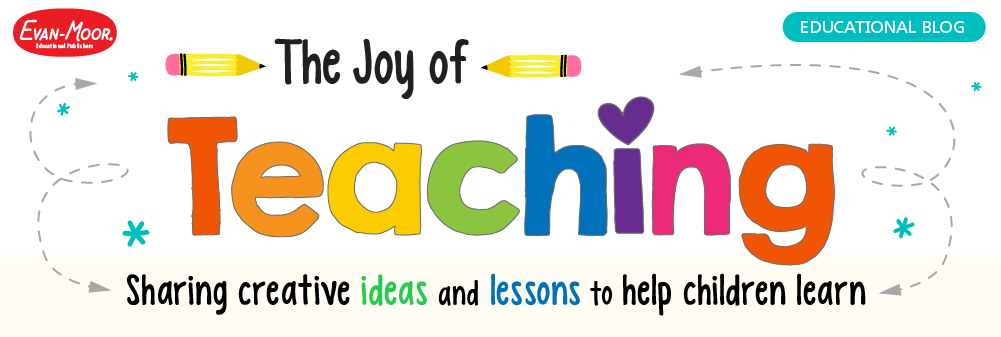
A deck of playing cards provides an infinite amount of ways students can be moved around into collaborative groups to share their work or ideas. The notion that students need to get up and locate their group or partners helps stimulate motivation and engagement.
Incorporating kinesthetic techniques into learning environments is an underutilized strategy because it often requires additional time for students to transition between activities. Yet organizing students into groups ahead of time is simple and effective with a deck of playing cards.
One method of diversifying collaborative groupings and increasing engagement is through the use of playing cards. Sorting out the cards ahead of time can help build better types of groups, but a general mix of cards during a spontaneous discussion is just as suitable.
Here are a few ideas on configurations for collaborative discussions/groups:
1) RED & BLACK cards: This is an easy way of separating the class in half for larger group activities such as formulating teams for sports or debate. 
2) SPADES/DIAMONDS/CLOVERS/HEARTS: This is a great way to create groups of four for large groupings such as random station rotations. 
3) NUMBERED cards: Sorting students by the numbers on their cards is a quick way to put students in groups of four. This is an excellent way to formulate small discussion groups that are manageable and mixed. 
It is important that you always set expectations for behavior and a purpose for the collaboration before deploying your students to find their groups. Students will now look forward to discovering fresh ideas from a wider variety of partners during collaboration. Enjoy!
For more classroom ideas and free resources, subscribe to Evan-Moor’s education e-newsletter.
Contributing Writer:
 Roger Nguyen is a curriculum coach in the Anaheim City School District, California. For over 10 years, he has taught grades 3–6 and combination classrooms, and has taught gifted and talented students.
Roger Nguyen is a curriculum coach in the Anaheim City School District, California. For over 10 years, he has taught grades 3–6 and combination classrooms, and has taught gifted and talented students.

One Comment
Leave a reply →